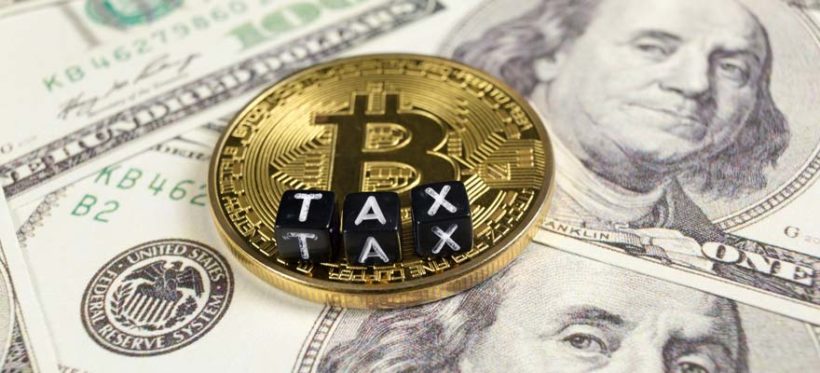Estonia claimed, on Monday, that the Baltic state never aimed to issue a national cryptocurrency. A government spokeswoman said that that the country only recognizes the euro as its official currency. She claimed that the government is interested in using blockchain technology and will likely use it for its e-residency program. The digital ID program could also use virtual tokens, but they will never be used as a nationalized cryptocurrency.
The declaration is followed in Estonia due to the manner in which Mario Draghi, European Central Bank President reprimanded the digital currency.
In August, 2017 the proposal to adopt and issue Estonian cryptocurrency, Estcoin was made by Kaspar Korjus. Kaspar. Korjus functions as the managing director of e-residency program of Estonia. Estcoin is also expected to become the national currency for the Estonia’s e-residency program. The foreigners using electronic identification to sign documents at a distance would be incentivised through Estcoins, under this program.
In September, 2017 Draghi commented, “no member state can introduce its own currency; the currency of the eurozone is the euro.”
As per Siim Sikkut, an authority official of Estonia’s IT strategy told,
“We agreed in discussions with politicians that Estcoin will proceed as a means for transactions inside the e-resident community. Other options aren’t on the table. We’re not building a new currency.”
“Community Estcoin” is under analysis is also confirmed by Korjus along with Sikkut. He further commented that the national digital currency, Estcoin, “would definitely not be a national cryptocurrency”
A similar tone was heard from Ardo Hansson, the Bank of Estonia Governor. He criticised Estcoin for “misleading reports” from the governmental agencies.
The recent times in banking sector witness the central banks of different nations planning to issue their own digital currencies. Norges Bank, the central bank of Norway has made an announcement that development of digital currency is under consideration. The adoption of digital currency would be a supplementary to cash and would “ensure confidence in money and the monetary system.”











